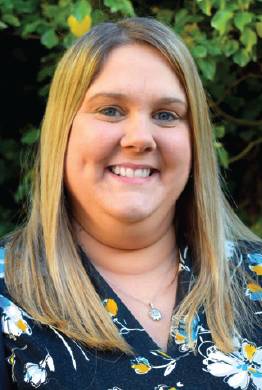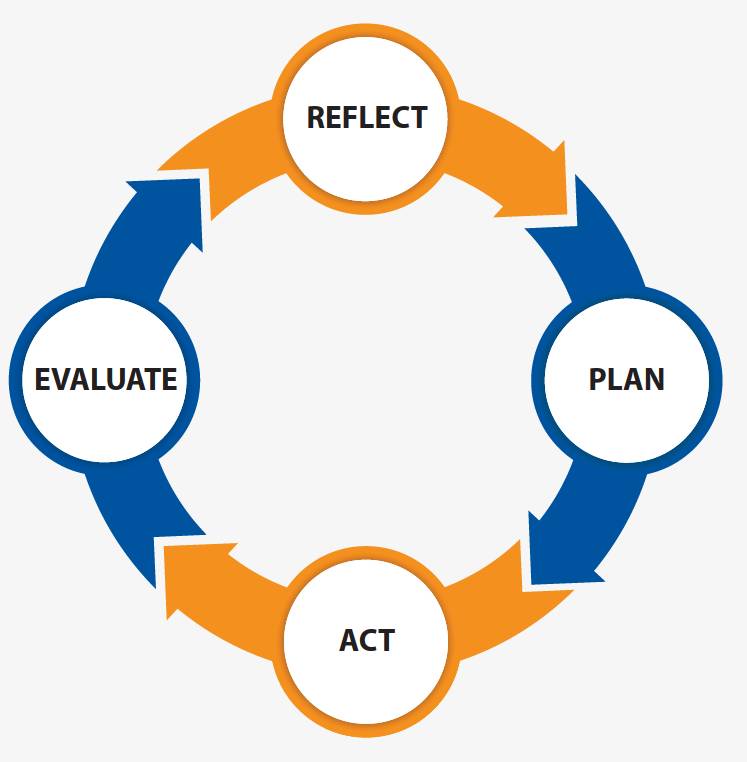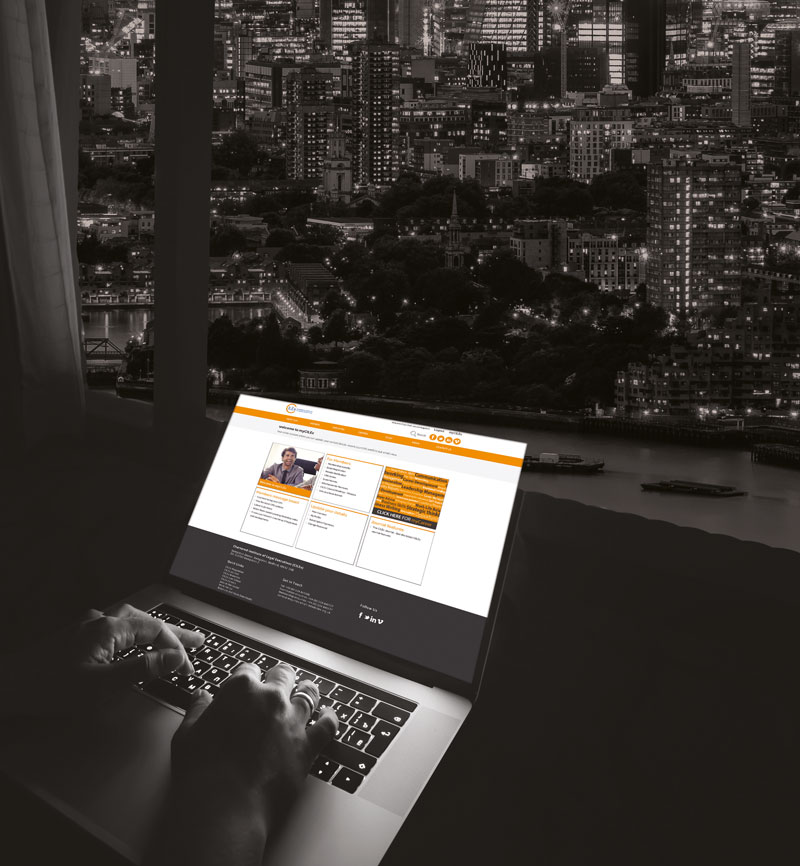Continuing Professional Development
The new CPD year
This article provides useful tips to help you ensure your compliance with your CPD requirements.
 About the author
Louise Tyrrell is CILEx’s
membership manager.
About the author
Louise Tyrrell is CILEx’s
membership manager.
The first of October 2018 marked the start of the new 2018/19 CPD year. Undertaking CPD can help you to maintain, improve and extend your skills and qualities. This is important for the proper performance of your professional and legal duties.
CPD is a regulatory requirement of membership (save for those in the current student or aÿliate grade), and compliance helps ensure confidence in the professionalism and competence of our members by both the public and the wider legal profession.
In my role as membership manager, I speak with a lot of members about their CPD. I also work closely with the membership contact centre who do the same. From these discussions, there are some useful tips that we can offer to help you ensure your compliance with your CPD requirements.
Whether this is the first year you are required to undertake CPD or whether you have been completing it for years, the same applies to you all: you can do your CPD alongside your job, every single day. You do not even have to attend a single course (although courses may be useful)!
The outcomes based CPD scheme really does allow you to achieve your CPD in so many different ways and covering so many different areas.
The CPD cycle
A great place to start is to consider the CPD cycle.

Reflect. Think about what areas you want to update your knowledge and skills in.This is setting your learning outcome.
Plan. Think about how you will meet the outcome, consider the best way to do this.
Act. This is the actual ‘doing’ of the task which you have selected to meet the learning outcome.
Evaluate. Explain how you have benefitted from that activity, and how you may put that into action.
A common misconception is that the learning outcome always must be positive. It is not a test about whether you get things right first time, it is about showing that you are able to identify your needs (and how this fits in with you as a legal professional, and what your employers require of you), and how you best think will resolve this, giving it a go and seeing if it did what you want.
I know because I have been there when I worked in practice. I thought that researching a particular case was going to give me the answers I needed because it was similar to the case my client presented to me.
However, when I researched the case further, it did not give me the answers I needed and, in fact, produced more questions. Instead of ignoring the work that I had done for CPD purposes, I could still evaluate what I had learned from the research I had undertaken, but because it was not relevant to the particular case I was looking at, my learning outcome has not been met.
However, at that point, I have considered another way forward for this case, so the CPD cycle begins again. The knowledge that I want to update is the same, but I am thinking of a different way to meet the outcome (and so the cycle continues).
Know your individual requirements
As an Associate Prosecutor (AP), Practitioner, Fellow and Graduate member, you must complete at least nine CPD outcomes, with at least five of those being planned (more on that later!). From those planned outcomes, one of them must be in professionalism (see later).
Within that, if you are an AP at least four of your outcomes must be focused on criminal practice and advocacy.
As a CILEx Litigation practitioner and an Advocate, at least two of your outcomes must relate to advocacy focused activities.
As an Associate member, you are required to complete at least eight hours CPD, and one planned outcome in professionalism.
You can look at CPD Guides for your grade on our CPD resources page at: www.cilex.org.uk/membership/cpd/cpdresources
Understanding planned and unplanned outcomes
A planned outcome is the way in which you plan an activity based on meeting a specific outcome following the CPD cycle. The planning can take place at any time within the CPD year.
An unplanned outcome would usually be a type of unexpected learning. There will be plenty of times throughout your work life when you do not particularly plan a learning outcome, but you carry on an activity which has relevance to you.
You can look at the CPD activity snapshot on our CPD resources page to see what types of activities/work can be included within your outcomes. Visit: www.cilex.org.uk/membership/cpd/cpdresources
Professionalism
Professionalism should not be confused with your specialism. You will have your specialism as a legal professional, but the professionalism outcome does not focus on that. It is about updating your knowledge and/or skills as a professional person. It is a broad definition, which gives you the flexibility to interpret what type of skill or knowledge is relevant to you. It can include (but is certainly not limited to) client care, communication skills, business and social awareness, and time and resource management.
A resource many of our members have said is extremely useful to them to satisfy this requirement is ‘myCareer. You can find information at: www.cilex.org.uk/membership/mycareer
There is also an overview of all the resources and information available in myCareer at pages 28 and 29 of this issue.
The CPD symbol

Members often find they meet an unplanned outcome when they read an article in CILEx Journal which updates their knowledge in a particular area.
To help members to identify when this might work, we have developed the CPD symbol. This will often be placed with content within CILEx Journal which, if the article updated your knowledge, you could use as meeting a CPD outcome (or to make up the hours if you are in the Associate grade). Content you could use for CPD is not exclusive to the symbol, but rather a guide as to what may be used, provided it has updated your knowledge. We also include this within the weekly newsletters, ‘Tip Tuesday’ and ‘Fact Friday’ on Instagram.
Support
The membership contact centre team is available to talk to you about your CPD throughout the whole of the year, and not just when the deadline is approaching. If you are struggling with what you think you are able to do, or you just want to run something by the team, please give them a call on 01234 845777, they are more than happy to discuss it with you. Look out for details of our CPD clinics, which will be running each month, where you can call us to discuss your CPD outside of the usual office hours too.
 About the author
Louise Tyrrell is CILEx’s
membership manager.
About the author
Louise Tyrrell is CILEx’s
membership manager.

